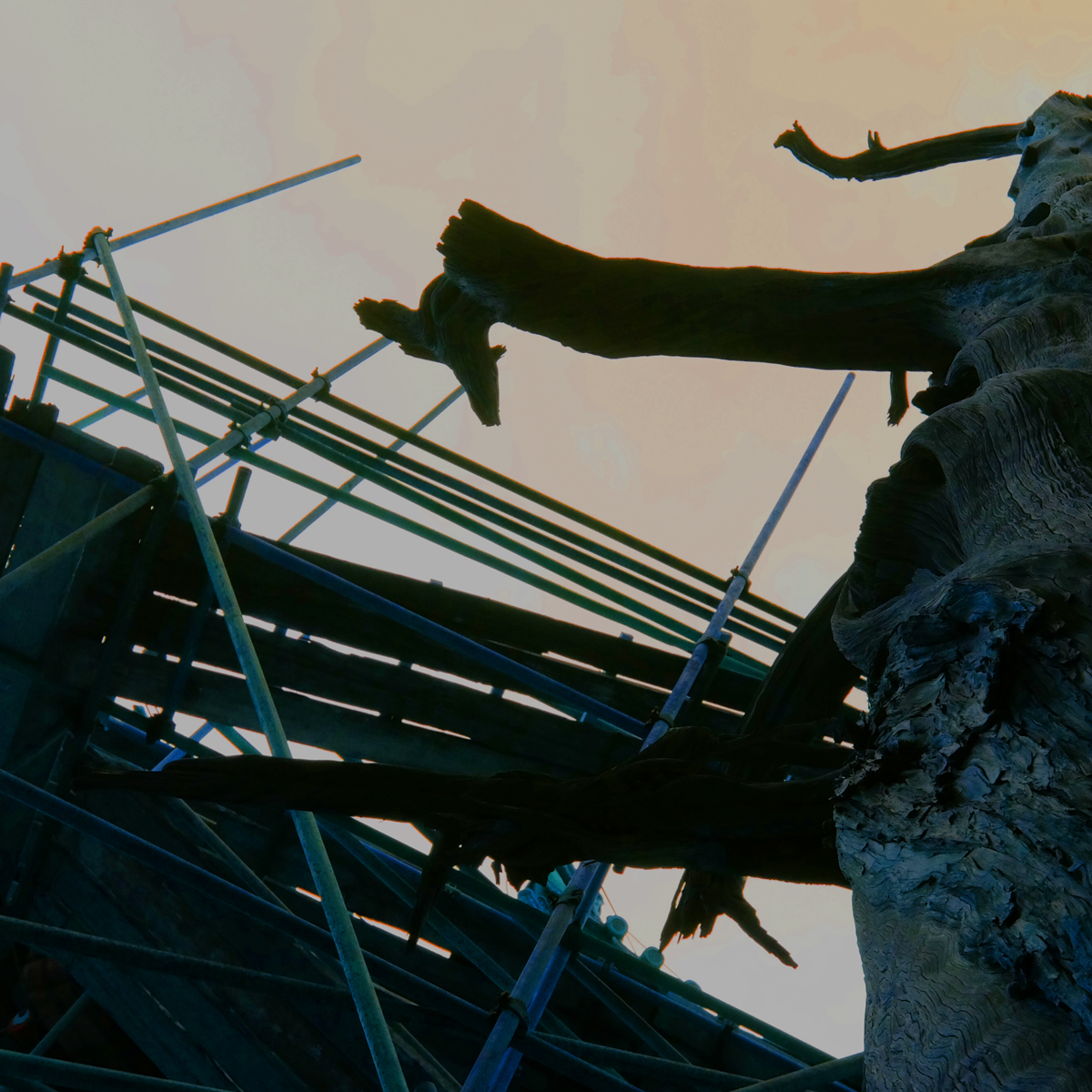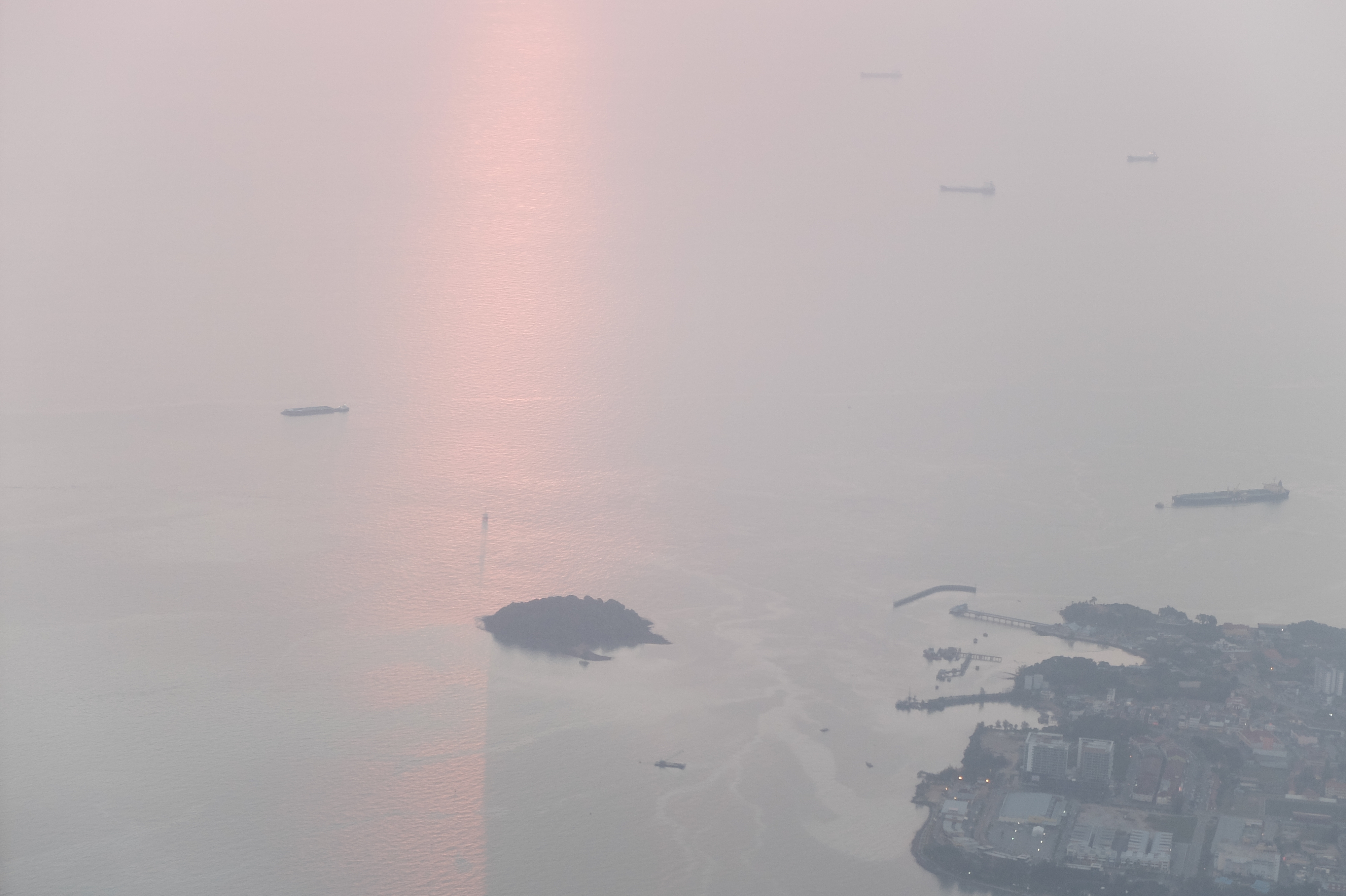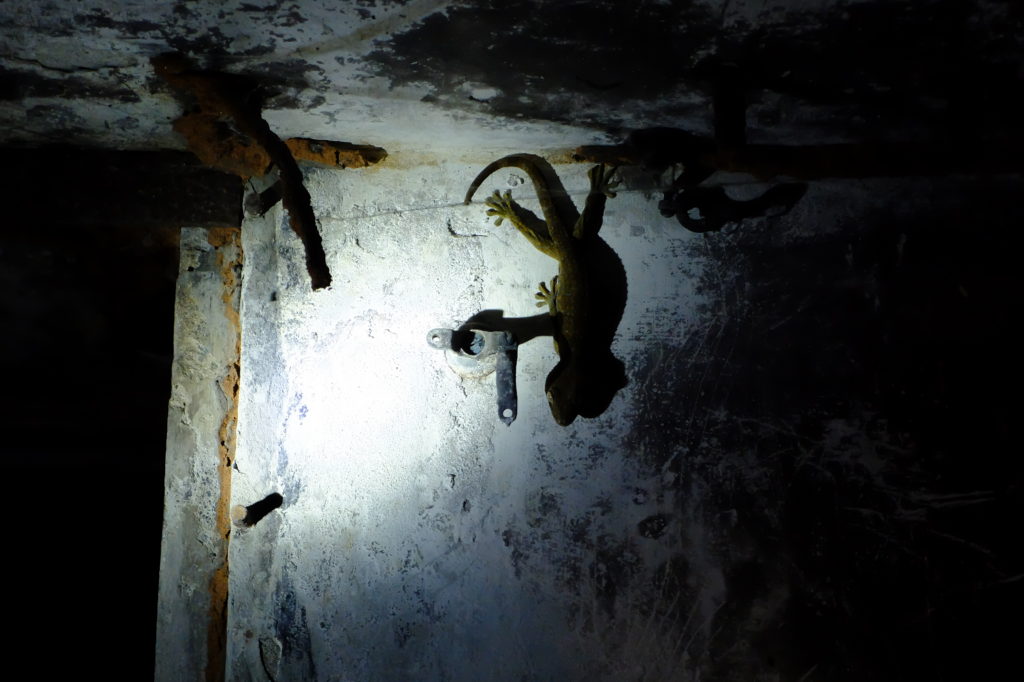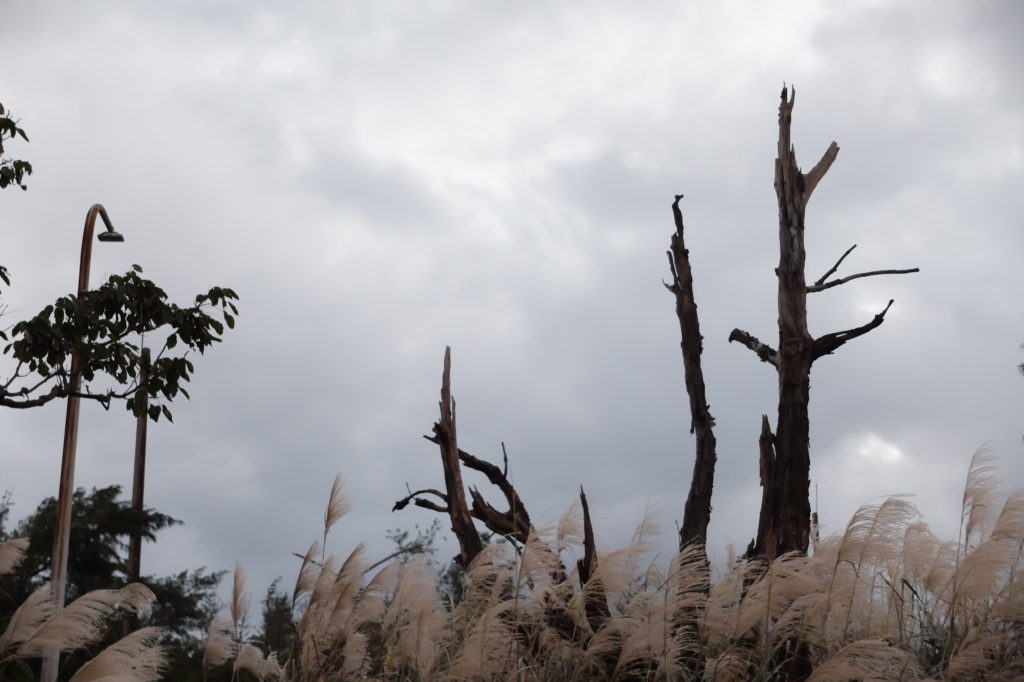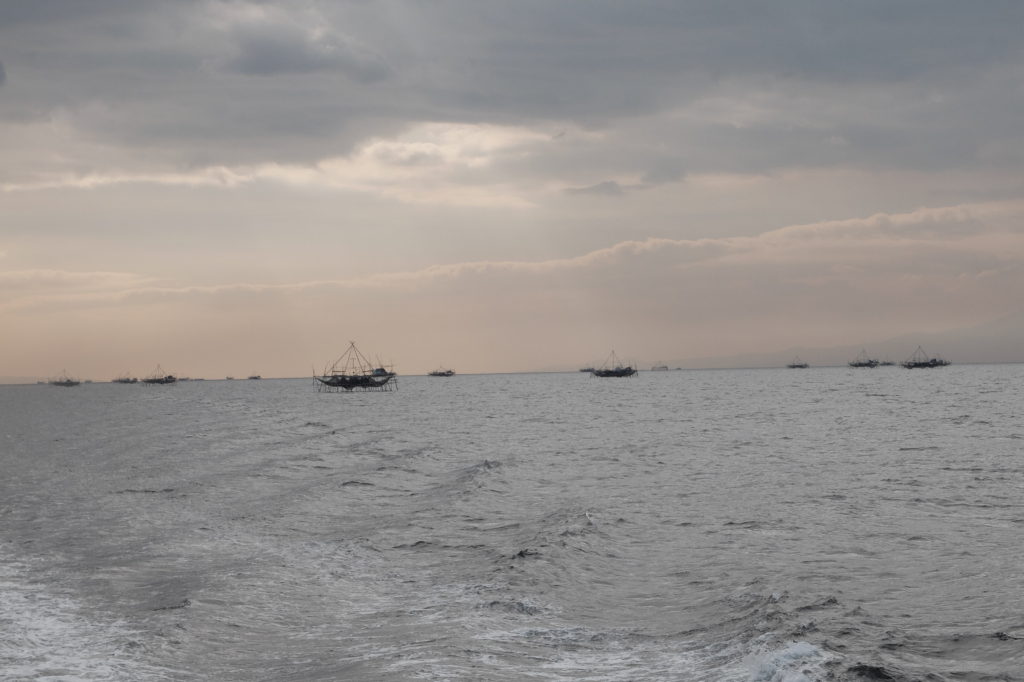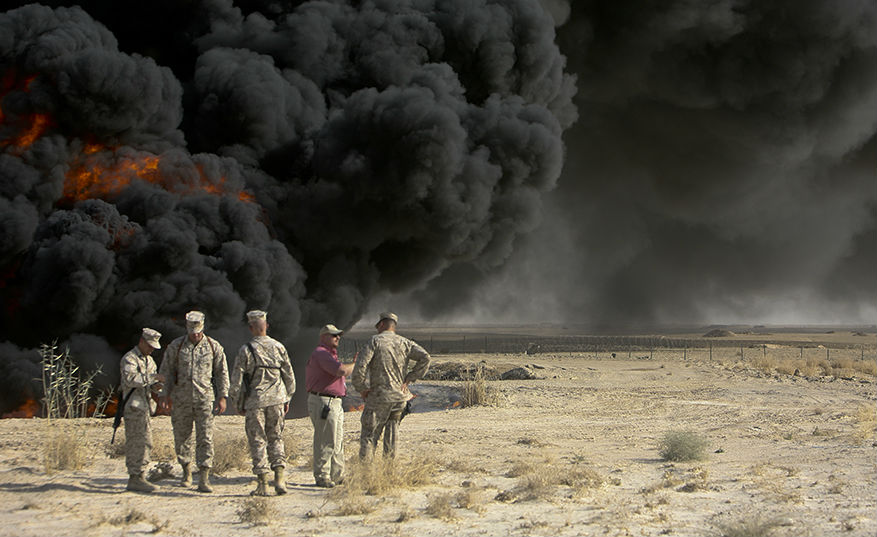
Once a month, we put together a list of stories we’ve been reading: things you might’ve missed or crucial conversations going on around the web. We focus on environmental and social justice, cities, science fiction, current events, and political theory.
We try to include articles that have been published recently but will last, that are relatively light and inspiring, and are from corners of the web that don’t always get the light of day. This will also be a space to keep you up to date with news about what’s happening at Uneven Earth.
We’re back from our break with fresh new readings for you! The world moves fast, and a lot has happened over the past two months. Jane Goodall’s comment at the World Economic Forum that most of our environmental problems wouldn’t exist if human population growth were at the levels they were 500 years ago sparked another debate about the validity and dangers of ‘overpopulation’ arguments. We featured a critique of her claim here. We also collected resources around green colonialism: the push to ‘green’ the Global North at the expense of the Global South. And of course, we’re sharing a couple of articles about the Wuhan coronavirus which has been dominating the news, on top of the usual news and discussions about global and Indigenous struggles, cities and radical municipalism, and degrowth.
Uneven Earth updates
Energy and the Green New Deal | Link | The complex challenge of powering societies
Swedish colonialist neutrality | Link | A tradition of double standards from historical colonialism to current environmental injustice
Public money for environmental justice | Link | We’ll never fund a transformative Green New Deal with money designed for capitalism
Hayashi-san’s Green Headband | Link | “In Tokyo, New York, Montreal, Rome, Paris, Beijing, Kinshasa, millions of people were wearing green headbands … this has made you a martyr and brought the environmental movement to a level never before reached.”
Show me the money | Link | How will we pay for the Green New Deal?
A just food transition | Link | Why the Green New Deal should give farmers a Basic Income
Birth | Link | “Maybe then we’ll regain the access to the river, the river that is now controlled by the insiders and their obsession with energy resources.”
Top 5 articles to read
Why we should be wary of blaming ‘overpopulation’ for the climate crisis
What if Darwin’s ideas about competition aren’t as correct as we’ve long thought?
A repair manual for Spaceship Earth
News you might’ve missed
Nuclear power ‘cannot rival renewable energy’
The plastics pipeline: A surge of new production is on the way
Our pathetically slow shift to clean energy, in five charts
It’s not just Australia — Indonesia is facing its own climate disaster
Perpetual debt in the Silicon Savannah
Coronavirus
Bat soup didn’t cause the Wuhan virus. Racist memes target Chinese eating habits, but the real causes of the coronavirus are more mundane.
Global struggles
In Hong Kong, the art of resistance and erasure
‘This place used to be green’: the brutal impact of oil in the Niger Delta
Don’t mess with French pensions
The popular assemblies at the heart of the Chilean uprising
A Mexican indigenous town’s environmental revolt
COP25, social movements and climate justice
Rojava is a laboratory that links the environment and society with municipalism
‘This movement is just beginning’: homeless moms evicted after taking over vacant house
- The fight for mom’s house. This is the story of a group of homeless mothers who for 58 days occupied a vacant home in Oakland, and eventually claimed a historic victory in the struggle for housing justice.
Stories of global environmental justice
Zapatista update: Forum on Defense of the Territory and Mother Earth
How the Global North’s Left media helped pave the way for Bolivia’s right-wing coup
Can Extinction Rebellion survive?
Indigenous struggles
Wet’suwet’en hereditary chiefs evict coastal GasLink from territory
Canada police prepared to shoot Indigenous activists, documents show
Indigenous Colombians escalate fight to rescue ancestral lands
The Wounded Knee massacre and the long tradition of Indigenous resistance
‘On my ancestors’ remains’: The fight for sacred lands
With a thousand ancestors front and back
Just think about it…
Climate change and deforestation: These 3 supertrees can protect us from climate collapse
The dark side of the Nordic model. Scandinavian countries may top every ranking on human development, but they are a disaster for the environment.
Want to double world food production? Return the land to small farmers
Performative environmentalism won’t reverse climate change
Automation isn’t wiping out jobs. It’s that our engine of growth is winding down
Ganges River: Giulio Di Sturco’s photos capture environmental decline
A surge of new plastic is about to hit the planet
Nightmares on wax: the environmental impact of the vinyl revival
Humans will never colonize Mars
Library socialism: A utopian vision of a sustaniable, luxuriant future of circulating abundance
A future with no future: Depression, the Left, and the politics of mental health
Will Finland introduce a four-day week? Is it the secret of happiness?
Time, work and wellbeing. “Efforts to achieve decent work must encompass not just the quantity but also the quality of working time – not just time as a commodity but also as a lived complexity.”
Where we’re at: analysis
Europe’s Green Deal is a tepid response to the climate crisis
When are we going to address the climate crisis?
A critical look at China’s One Belt, One Road initiative
Where is the rift? Marx, Lacan, capitalism, and ecology
The palace of the future is nearly complete
Climate change and technology define the rural future. “No city is an autarky. For their survival, they rely on the countrysides they conveniently ignore.”
New politics
In 2030, we ended the climate emergency. Here’s how
Socialism, capitalism and the transition away from fossil fuels
The Lebanese Intifada, or the growth of an anti-capitalist mass movement
Austria’s new anti-immigrant green government stokes fears of climate ‘nightmare’
What is the Green New Deal? A climate proposal, explained
Portugal has found an antidote to right wing populism. Facing the policies of socialist Prime Minister António Costa, which include properly supporting the welfare state and investing in the public sector instead of austerity measures, right wing populists don’t stand a chance.
The Hague must recognise ecocide
Feminism and the social solidarity economy: A short call to action
Moving towards low-carbon lifestyles: A question of collective action
Green colonialism (and decolonialism)
What green costs. Deep in the salt flats of Chile lies the extractive frontier of the renewable energy transition.
The path to net-zero emissions must include divestment, decolonization and resistance
Why a ‘Green New Deal’ must be decolonial
Decolonization requires a new economics
A view from the countryside. Contesting and constructing human rights in an age of converging crises.
Why stopping wars is essential for stopping climate change
Playing with fire, securing the borders of a Green New Deal
When the Green New Deal goes global
Cities and radical municipalism
The case for making low-tech ‘dumb’ cities instead of ‘smart’ ones
‘We’re setting a clear stop sign’: Berlin passes five-year rent freeze law
‘My Parkdale is gone’: how gentrification reached the one place that seemed immune
Study says rent control is good for cities, debunking conventional economists’ wisdom
Tenant organizing when rising rent isn’t the (main) issue
Islands in the illiberal storm: central European cities vow to stand together
Reclaiming the commons: The case for public bike libraries
The case for cohousing: Where responsibilities are shared and life is a little less lonely
Time for public power for New York
Should public transit be free? More cities say, why not?
- Free transit is the first step towards fixing transportation equity
- A real national public transit strategy is key to tackling the climate crisis
Ten zero-waste cities: How Thiruvananthapuram cleaned up its act
When capital threatens to strike in your city
The municipalist moment. Movements on the left are increasingly looking to build power at the local level. The question is how we can leverage municipal gains to transform the system at expanding scales.
Municipalism: the next political revolution?
Heroes of the 2010s: Kshama Sawant, the socialist who beat Amazon
Degrowth!
Rethinking fashion: A confession of a degrowth advocate
Deadly growth: Capitalism versus life on Earth
Is degrowth an alternative to capitalism?
Resources
Case studies from The Rules about different topics related to environmental justice and alternative economics.
Economics for people. A free online lecture series from Ha-Joon Chang.
Degrowth of aviation. A report.
Regenerative farming and the Green New Deal. A policy memo.
Dual power: Issue 9 of ROAR Magazine
Diversify and decolonise your holiday reading list
How to follow the news without burning out
Want to receive this as a newsletter in your inbox? Subscribe here.
